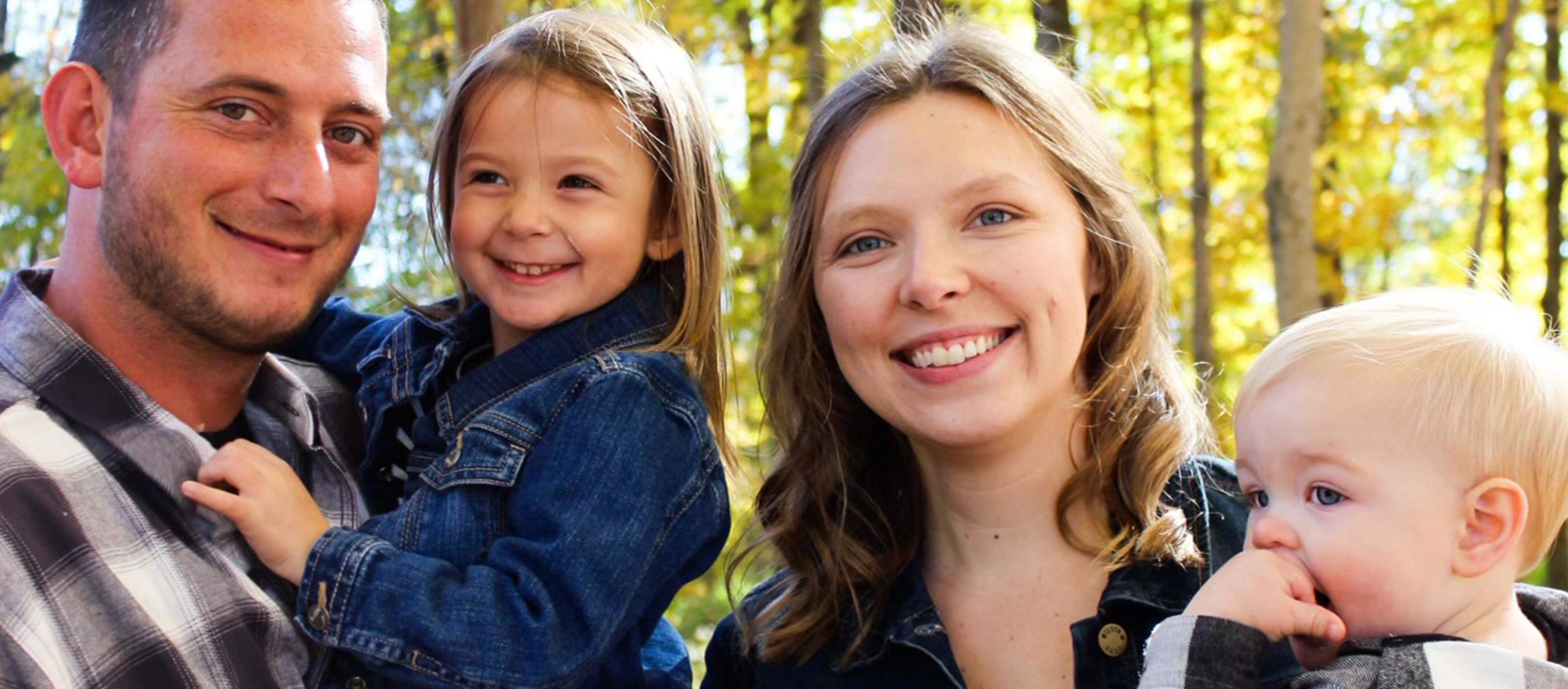Adults who were born with congenital heart disease (CHD) need to be followed by a cardiologist with specific training on the condition. Adults with CHD typically fall into two categories: those who have been seen all along, and those who are “lost to care.” This blog post by my colleague outlines what it means to be lost to care.
Whether you’ve become lost to care over the years, or have been followed all of your life, it’s important to have an ongoing dialogue with your cardiologist. To help keep this going, I would like to share a list of questions with you. Knowing the answers will help you better understand and manage your heart condition. Please keep in mind that these don’t need to be answered in one appointment! The goal is an ongoing conversation over time:
Born with Congenital Heart Disease: Questions to Ask Your Doctor
IN AN EMERGENCY
-
What words should I use to describe my heart condition?
If you find yourself in the emergency room, or in another place where a different doctor needs to understand your heart condition, you’ll need to be able to tell him or her what you have. Ask your cardiologist for the name of your condition, how many surgeries you’ve had, and what the residual issues are. Ex: I have tetralogy of Fallot. I’ve had one surgery, and will probably need to have my pulmonary artery replaced in a few years.
-
Can I have a medical record summary?
In that same vein, a one-page medical record summary is handy to have in an emergency. This could be a letter, PDF, or email. And most importantly, keep your cardiologist’s contact information in your phone so that he or she can be contacted in an emergency.
-
Where should I go?
Have a conversation with your cardiologist about where he or she would like you to go if you’re having a heart emergency. Based on your heart condition, would it be better to go to your cardiologist, or go directly to the ER?
-
Which arm should I have my blood pressure taken in?
Some patients with CHD don’t have blood pressure in one of their arms. This is because they’ve had a procedure, like a Blalock-Taussig-Thomas shunt, which has made their blood pressure artificially low on one side. For a doctor who is not familiar with this, it can be alarming (but doesn’t need to be). Having this information could prevent them from performing unnecessary treatments.
ONGOING CARE
-
Is my heart fixed, or will I have residual issues?
It is important for you to understand the current condition of your heart, and what procedures you might need in the future. For instance, if you’ve had a valve repair, is it still working? Or will it need to be replaced? What signs and symptoms should you watch for?
-
What does care look like? How often do I need to be seen?
Regular follow-up care is important for avoiding complications and maintaining a healthy heart.
-
Do I need to take medication? Or avoid any?
It’s important to understand answers to these questions. Do I need a daily medication to maintain my heart health? If you’re taking heart medication, it’s important to ask your cardiologist or pharmacist if there are any other medications that you should avoid. For instance, if you have high blood pressure, you might need to avoid certain cold medications.
-
Could my anxiety and depression be related to my heart condition?
About one third of adults with CHD have anxiety or depression, but may not realize it could be related to their heart condition. If you’re experiencing these symptoms, please know that they are normal, and your cardiologist can help you find the appropriate treatment.
-
Do I have any exercise limitations?
It is important to learn what your personal healthy level of exercise is. Your cardiologist may prescribe a program of cardiac or pulmonary rehab, depending on your condition.
RELATED TO THE CHILDBEARING YEARS
-
As a woman, what do I need to consider related to contraception and pregnancy and my heart condition?
Some women with certain heart conditions shouldn’t take birth control or other medications with estrogen. Although most women can have a healthy pregnancy, it is important to ensure that your heart health is optimized before pregnancy and you are appropriately monitored during pregnancy, delivery, and the postpartum period. Read more here.
-
As a man, what should my partner and I be thinking about when considering pregnancy?
Generally, your risk of passing CHD onto your child is very low. For some familial conditions it may be appropriate for you to meet with a genetic counselor before pregnancy to determine the risk of passing your condition onto your child. Your doctor can also tell you if your partner needs to have a fetal echo during pregnancy.
NON-CARDIAC PROCEDURES
-
If I’m having a non-cardiac procedure, are there any precautions that my medical team needs to take?
If a procedure requires anesthesia, it’s important for your cardiologist to speak to your surgeon and/or anesthesiologist. They can communicate certain precautions to make sure that they procedure is safe for your heart.
-
If I’m having a dental procedure, do I need to take antibiotics?
TRAVEL
-
If I have a problem while I’m traveling, where should I go?
The Adult Congenital Heart Association (ACHA) has a list of national and international clinics. Ask how you should communicate with your cardiologist while traveling.
-
Do I have any travel limitations like airplanes or high altitudes?
Generally speaking, air travel is safe for most heart patients, but your condition may require a few precautions. Likewise, some complex heart conditions, especially those associated with pulmonary hypertension, may need to avoid higher altitudes.
LONG-TERM OUTLOOK
-
What does the future look like for my condition long term?
Consider asking your doctor these questions. What kinds of things do I need to consider down the road? Will I need a re-operation? Will this affect the length of my life?
-
I’m not that old, do I need to think about a living will and a health care power of attorney?
It’s important for all adults to have a plan in place, but especially those with congenital heart disease. You need define whom you would like to make decisions on your behalf, in the unlikely event that you are unable to make decisions for yourself. These choices are best made when you are healthy and not under stress.
Read Next: Discussing these questions with your cardiologist can help lead to greater peace of mind. For more resources, explore the Adult Congenital Heart Disease Program at Cincinnati Children’s.





